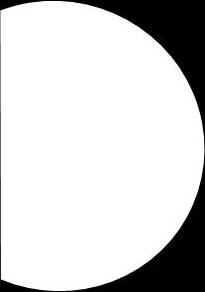
"Those
Year Five Curriculum NewsletterSpring 2025

Joy Excellence Service
who sow with tears will reap with songs of joy. Those who go out weeping carrying seed to sow, will return with songs of joy, carrying sheaves with them." Psalm 126:5-6






"Those
Year Five Curriculum NewsletterSpring 2025

who sow with tears will reap with songs of joy. Those who go out weeping carrying seed to sow, will return with songs of joy, carrying sheaves with them." Psalm 126:5-6




In RE, we will be learning to make links between how Jesus undertook his mission to share the Good News. We will look at Isaiah's prophecy and compare that to the teachings of Luke. We will then go on to consider how we can live in unity with one another. After that we will study the Eucharist as the living memorial of Jesus. The children will learn to make links between the Passover in Exodus, the Last Supper and belief in the Eucharist. The children will be able to use religious vocabulary to give reasons for religious actions and symbols connected to the Passover and the celebration of the Eucharist. This will lead us onto learning about Easter and the season of Lent. The children will learn to make links between the scripture stories of Holy Week and the Temptation in the desert and to understand why Christians make sacrifices during the season of Lent.





In our RSHE lessons, we will start the unit by discussing how to cope with pressure and identify the many guises pressure can take, including peer on peer abuse. We will then go onto discuss the issue of consent and bodily autonomy, equipping the children with the ability and confidence to say ‘no’. The children will learn that some of the strongest pressures that young people can experience come from themselves, and these have a huge effect on how they relate to the world and the people around them. The children will learn to apply the approach of ‘self-talk’, to consider how our thoughts and feelings not only impact on our well- being, but also our friendships and relationships with others. ln the second half of the spring term, we will investigate cyberbullying, as well as different types of physical abuse. The children will learn about the impact that alcohol, drugs and tobacco can have on their lives and the importance of making healthy choices.
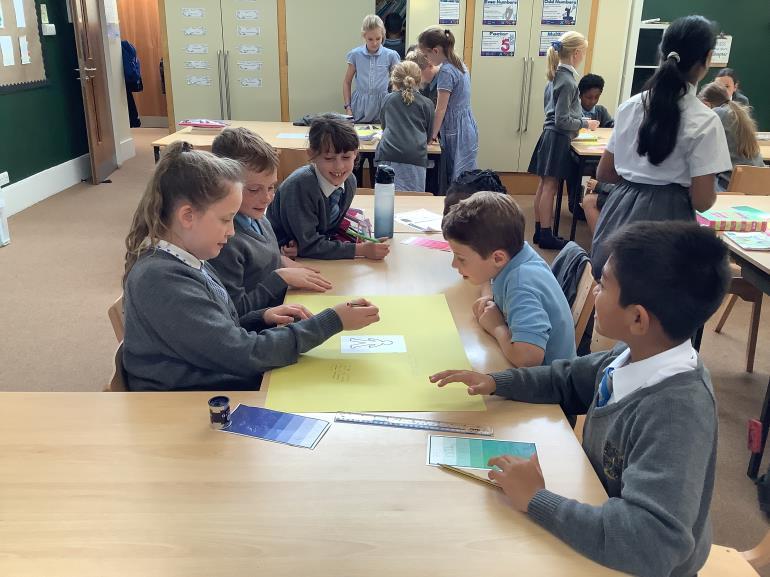

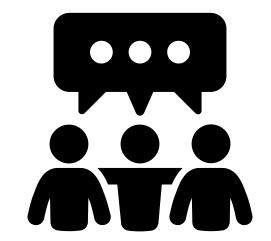

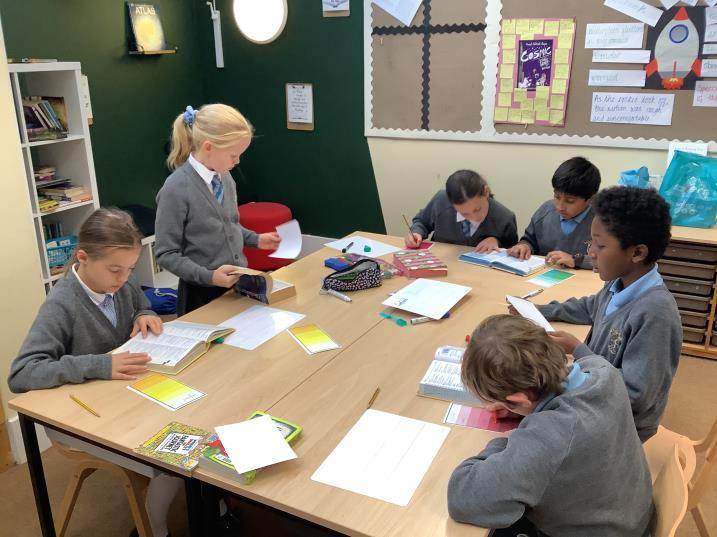

Our novel for the spring term is 'Floodland' by Marcus Sedgwick. As a class, we will dive deeper into the text using inference and retrieval skills. We will continue to practice reading texts fluently and accurately. The children will learn about different writing genres, including letter writing, information/ non-chronological reports, stories and persuasive arguments. The children will learn how to use noun phrases, expanding them with the addition of modifying adjectives. They will also learn how to use coordinating and subordinating conjunctions within their sentences as well as a range of fronted adverbials. The children will revise contraction and possession when working with apostrophes and begin to use brackets and dashes for adding extra information to their written work. The children will continue to learn strategies for learning words from the Year 5 & 6 statutory spelling lists, along with homophones and words with a range of suffixes including, 'ibly' and 'ably'.

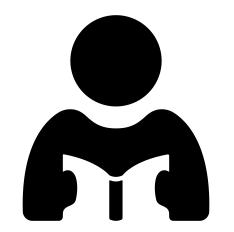


ln maths, we will be covering the topic of multiplication and division, with the children learning how to multiply 4-digit by 2-digit numbers. The children will learn how to work out short division calculations and to solve problems using multiplication and division. ln our fractions unit of work, the children will learn to multiply a fraction by an integer and to work out the fraction of an amount or quantity. This will be followed by a unit of work on decimals and percentages, where the children will learn to order and compare decimals and calculate percentages as fractions and decimals. ln the second half of the spring term, the children will learn how to work out the perimeter and area of a selection of polygons, rectilinear shapes and compound shapes . Our last unit of work is statistics, where the children will learn how to draw, read and interpret line graphs, as well as two-way tables and timetables.


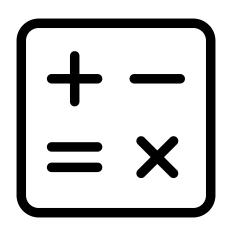


Our science topic for this term is, 'Properties and Changes of Materials'. ln this topic, the children will learn that materials have a variety of properties, which make them useful for different purposes. They will understand that materials can be grouped based on different properties, including hardness, solubility, transparency, magnetism and electrical and thermal conductivity. They will discover that some solids will dissolve in liquids to form a solution and that this can be reversed by evaporating the liquid or by sieving and filtering, therefore separating different materials. The children will learn that sometimes mixed substances react to make a new substance and that these changes are usually irreversible. They will also find out that heating can sometimes cause materials to change permanently and when this happens, a new substance is made and these changes are therefore not reversible.





Our geography topic is , 'Take Three Countries: A Comparison'. The children will learn to describe the similarities and differences between the climate, key physical features and land use of a region in the UK, in Europe and in North America. They will be able to name and describe the natural resources indigenous to each region and discuss the impact they have on human life. ln class, we will learn how physical geography and natural resources have influenced human settlements, trade and migration and discuss how different regions or countries have combatted flooding. The children will use a range of geographical resources to, collect and analyse information and statistics in order to draw clear conclusions about the three regions. They will create maps of locations identifying where the three countries are and using topography. They will also learn to use 4-6 figure grid references to build their knowledge of the UK and the wider world.
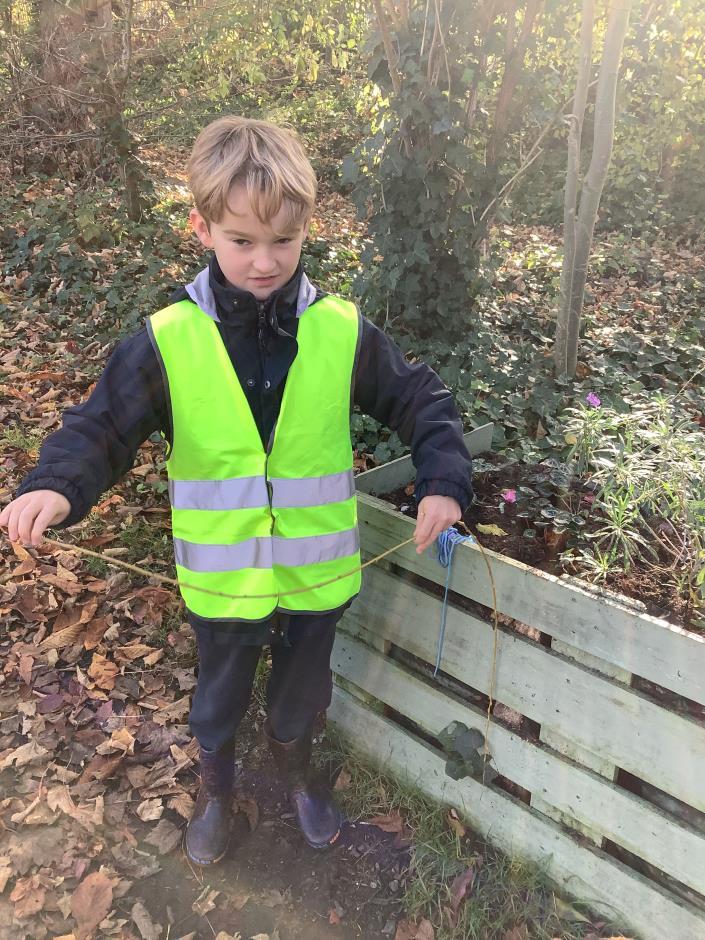

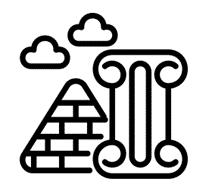


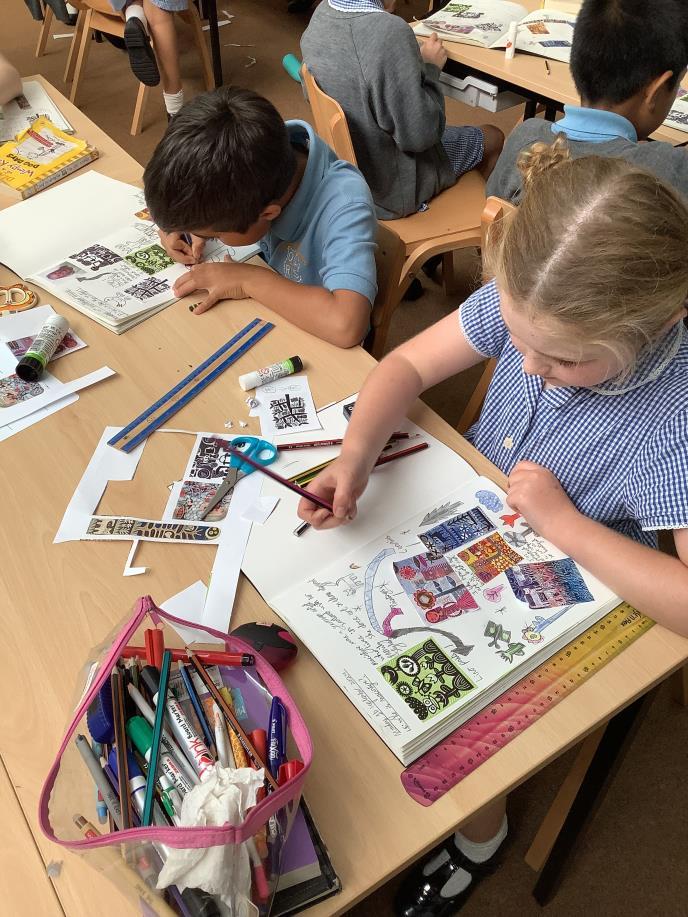
Our focus skill in the spring term is drawing. We will be using graphic novels to demonstrate the skills of cross- hatching and circling. The children will look at a selection of graphic novels and then will work on creating their own in order to depict a story and develop their drawing skills. ln design technology we will be focusing on the domain of ‘Textiles' The children will learn how to weave sails for a boat that they will design and make. They will have the opportunity to practice their weaving skills in order to make their boat sail.




Our music learning will focus on pop ballads in the first half term and old- school hip hop in the second. The children will work through the skills of being able to listen and appraise a piece of music. They will learn to identify different musical instruments within a piece of music. The children will have the opportunity to be able to add musical instruments to a song and compose a melody using simple rhymes. They will have the chance to perform and share their compositions with the rest of the class.


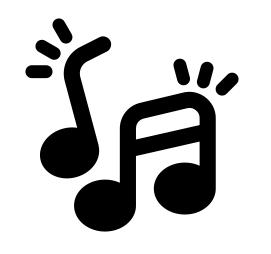



In our Spanish lessons, the children will be continuing to learn different greetings in Spanish. The children will also learn colours and numbers in Spanish, making sure that they are using the correctpronunciation. They will be able to confidently count in Spanish from 1 - 10 and will learn how to spell the numbers and colours in Spanish. We will then move onto learning the words for different modes of transport using the correct article and determiner.



Within our indoor PE lessons, the children will be focusing on static balances and coordination. Children will practice maintaining their balance while catching objects and receiving a small force from various angles. ln the second half of the spring term, the children will go onto explore seated balances and to carry out a range of different floor work .

Our outdoor PE will focus on hockey in the first half of the term and cross country and football in the second half of the term. The children will work on their passing, dribbling, tackling and shooting skills and also try to improve on their personal best in cross country. Year 5 will also take part in the ‘Joy of Movement’ scheme. The children will learn about what physical activity is, the benefits of moving, how you can keep hydrated and have a balanced and varied diet as well as taking part in physical activities.





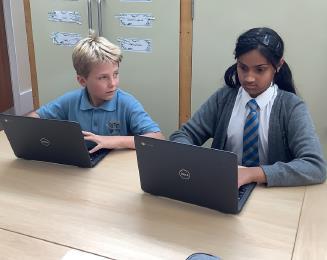
ln computing lessons, the children will continue to learn about esafety. The children will continue to explore the coding programme Python. Python is used as a basis for programming a range of computer games and apps and students will understand that different codes can apply for different situations. The children will also learn how to code a game using 'Scratch'.

